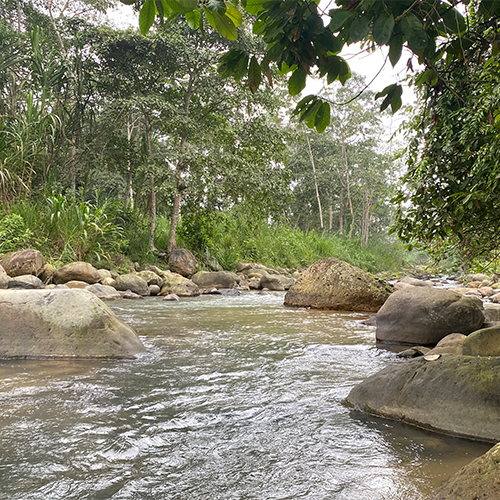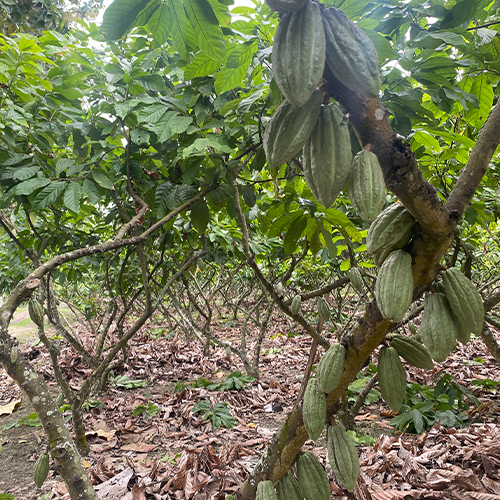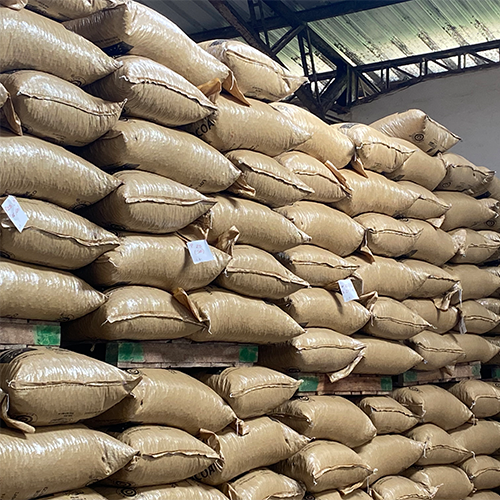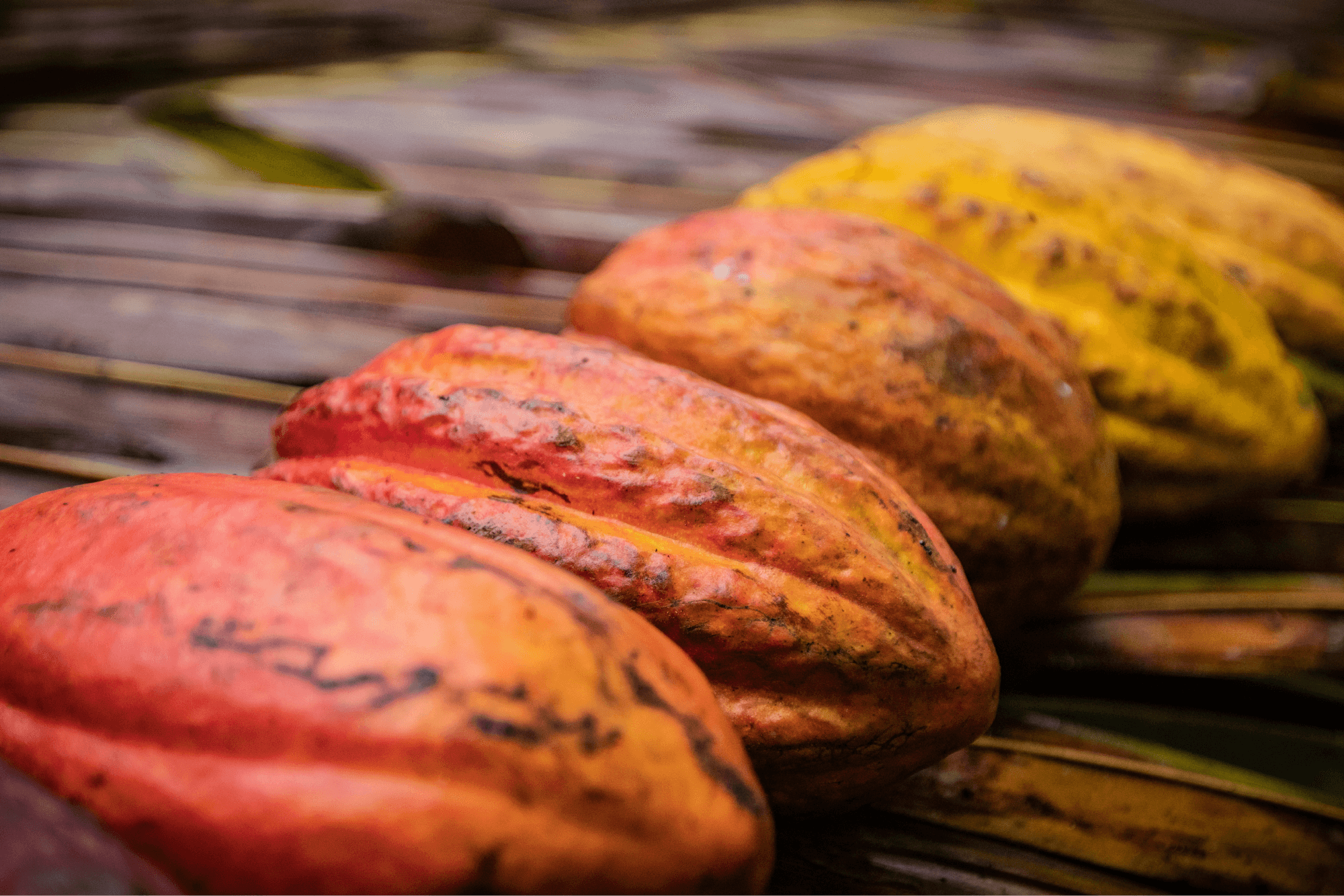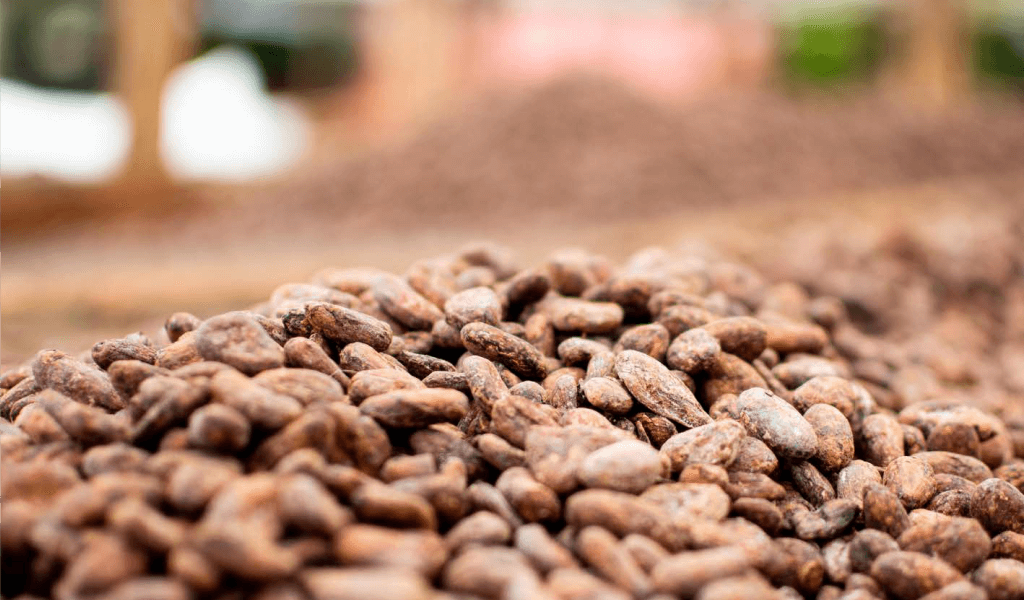Ecuador
CECAO
Classic Nacional Ecuador flavor profile with high impact and traceability. These beans are both Fair for Life and organic certified.
2024 Data - Product
Quality: Ultra Premium
Flavor: Milk Chocolate, Pecan, Hibiscus
Fermentations Style: Cascading Boxes
Drying Style: Raised beds with a roof. drying from 3 to 6 days, depending on weather conditions. 1 day for artifical drying ( liquid gas, petroleum or diesel), Heat exchangers are used to avoid contamination.
Quality Practices: Healthy beans reception only. Cacao with diseas and excesive external debris is rejected. Mesurement of humedity content previous to packaging for export. Weekly cut test and sensory testing by the associoations. Pesticides testing in organic cacao lots prior selling. and Sold as organic only from lots with no contaminations.
Certifications: Organic & Fair for Life
2024 Data - Planet
Crops that are used for intercropping: Fruits, forest and musaceae
Environmental practices: Planting of perennial species, such as fruit and timber trees
Organic hectares cultivated: 3,545.93
Average percent of shade of cacao farms: 25-85
Distance of producer to facility (km): 200
Distance to port (km): 42-150
Ocean freight CO2kgs per MT (US): 80
Ocean Freight CO2kgs per MT (EU): 159
2024 Data - People
Trainings conducted: Organic cocoa agronomy, grafting, nursery management, efficient microorganism capture and preparation, cocoa agroforestry management, measures to reduce cocoa contamination, production costs, artisanal chocolate making, administration and finance, industrial safety, and first aid.
Producers purchased from: 1,125
Female producers: 214
Organic producers: 1,125
Total # of producers trained: 600
Full time employees: 66
Full time female employees: 18
Part time employees: 32
Part time female employees: 9
Average farm size (ha): 4.41
Average sales per producer (dry kg): 964
Average annual cacao revenue per producer: $7,345.03
CECAO is based in Guayaquil, Ecuador, with operations across south central Ecuador through their 10 community-based member associations that comprise a network of over 1,800 producers.
Through the CECAO Foundation, all associations receive technical assistance and additional services. CECAO works closely with its producer network to focus on productivity of farms, quality of post-harvest, and intercropping of other fruit species for ecological and economic diversity. CECAO is committed to paying farmers fair prices, improving cacao productivity, maintaining high quality and consistency, at high volumes. Each association has their own managers who are responsible for traceability, producer network and relations, buying, and post harvest. Each association has its own centralized fermentation and drying facility that processes all of the producer network’s cacao in that region. CECAO pre-finances 100% of the associations, which provides the working capital that the associations use to buy from producers. In return, the associations sell exclusively to CECAO. There are 1,806 registered producers across the network, of which nearly 20% are women.
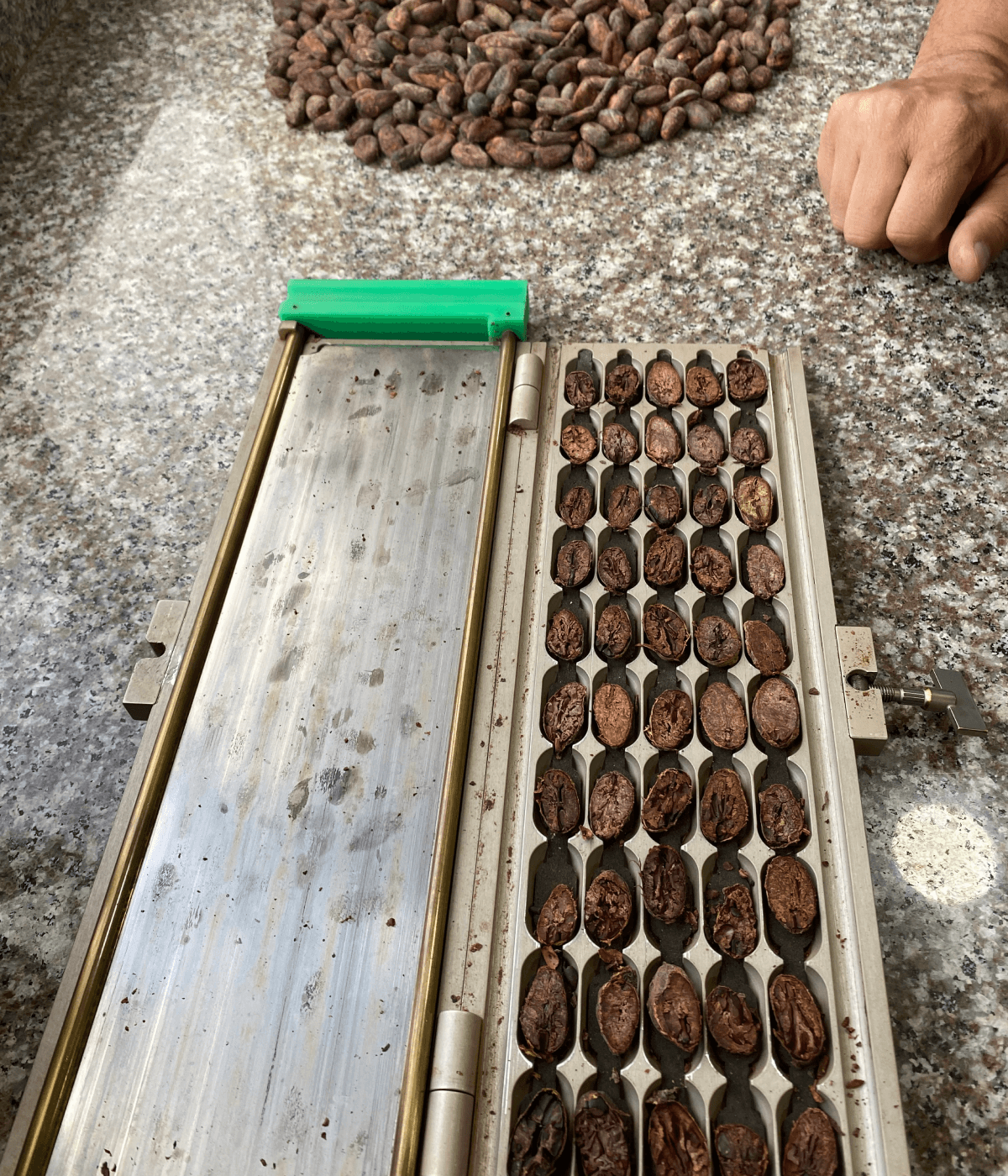
CECAO is based in Guayaquil, Ecuador, with operations across south central Ecuador through their 10 community-based member associations that comprise a network of over 1,800 producers.
Through the CECAO Foundation, all associations receive technical assistance and additional services. CECAO works closely with its producer network to focus on productivity of farms, quality of post-harvest, and intercropping of other fruit species for ecological and economic diversity. CECAO is committed to paying farmers fair prices, improving cacao productivity, maintaining high quality and consistency, at high volumes. Each association has their own managers who are responsible for traceability, producer network and relations, buying, and post harvest. Each association has its own centralized fermentation and drying facility that processes all of the producer network’s cacao in that region. CECAO pre-finances 100% of the associations, which provides the working capital that the associations use to buy from producers. In return, the associations sell exclusively to CECAO. There are 1,806 registered producers across the network, of which nearly 20% are women.

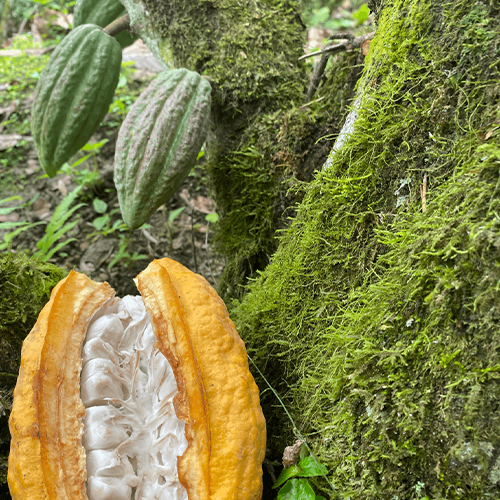
Notable Awards
None yet, be the first!


